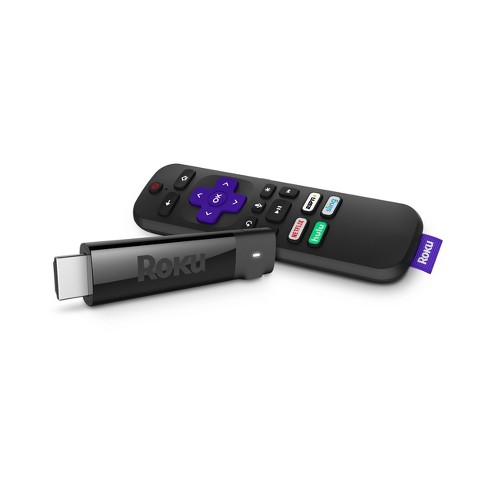Roku Streaming Stick For Travel

How well does the Roku Streaming Stick work for travel, and how does it compare to other devices? We dive into how the most popular small formal streaming sticks that are physically ideal for travel do in actual travel scenarios. This includes how resilient it is with potentially inconsistent Hotel WiFi, some common problems and solutions you might need while away from home with your Roku.
We’ve recently recently tested a number of streaming sticks to determine which streaming devices are best for travel. I you are interested in knowing the other options available and how they compare, check out our Best Streaming Sticks for Travel.
Travel Features
Hotel/Airbnb WiFi Support
The Roku generally works well on hotel or Airbnb WiFi. Unlike the Chromecast the Roku does not need any special configuration for each hotel. You just need to connect to the hotel’s WiFi. However, most hotel WiFi systems do have a captive portal. You can read more about that below.
Captive Portal
What are captive portals? They are the popups you get that prompt you to login or provide additional information prior to using the Hotel, AirBnb or other locations WiFi. Captive portal are rarely used at most AirBnb’s. However, for regular hotel travelers they are a primary feature for sure. Very few hotels allow you to use their WiFi without accepting terms and conditions, entering a room name, an additional password screen or other consideration.
The Roku streaming stick has have a special feature to detail with captive portals. It popups and gives you a code you can enter on your phone where you can then complete the captive portal login there, rather than on the Roku.
A travel router can help you avoid this extra step. With a travel router once you pass the captive portal on one device, usually your phone or laptop, any additional devices you connect will work normally.
Automatic Remote Config
Something rarely discussed by non-travel sites is the automatic remote configuration feature of many streaming sticks. While at home setting up your remote is a one time need, at least until you buy a new TV. When traveling each new location has a new TV. If you want to be able to use a single remote to control the volume and power on your TV and your streaming stick, you’ll likely want a device that can automatically detect the TV.
For the devices that have this feature, all you need to do is connect via HDMI to a newer TV. Most TVs since 2016 support identification via HDMI that the supported devices can use to configure the remotes.
The Roku Streaming Stick supports this feature. It will automatically detect the TV and control it’s volume and power features without needing to enter any codes or identify the TV model yourself.
WiFi Performance
In our recent comparison of Streaming Stick WiFi Performance, the Roku Streaming Stick performed very well. It essentially tied at the top of our performance list with the Amazon stick. Bottom line the Roku will be as capable as any other WiFi stick at dealing with inconsistent or poor hotel WiFi.
Common Problems and Solutions
Finding Power For Your Roku Streaming Stick In A Hotel – Many hotel rooms don’t make it easy to find power sources for your streaming stick. Here are a few tips and tricks that may help you.
Changing Input On Hotel TVs – many hotel TVs don’t make it easy or obvious how to change the input on the TV. This guide will provide a few tips and tricks.
streaming stick streaming stick for travel streaming while traveling
